Our Faculty
The research in our program labs spans a broad range of topics that reflect the diverse and important roles of bacteriology in science and society. Our students use approaches from cell, chemical and systems biology, bioinformatics, biophysics and model systems to address some of the most pressing biological questions of our time. The collaborative spirit of the GPiB also forms bridges across these disciplines to drive innovative, ground-breaking research.
Basic Mechanisms
One group of our faculty focuses on fundamental mechanisms of bacterial growth and survival. Their work uncovers the biological foundations of the striking diversity, adaptability and efficiency of prokaryotes. These basic discoveries form the indispensible foundation for translational research that leads to the antibiotics and biotechnology of the future.
Pathogenesis and Host-pathogen Interactions
Bacterial pathogens are a significant cause of human disease across the developed and developing world. Research by GPiB faculty dissects the virulence processes and adaptations that allow these organisms to survive and thrive in the hostile environment of a mammalian host. By applying techniques like whole genome sequencing and leveraging the power of bacterial genetics, GPiB faculty have also generated fundamental insights about topics ranging from the host’s response to infection to the transmission of drug-resistant pathogens through populations.
The Microbiota
The wide-ranging roles of the microbiota and mixed microbial communities in health and disease have become increasingly clear. Several GPiB faculty are at the forefront of this research, combining elements of cell biology, immunology and computational biology for the discovery of relationships between the microbiome and our health.
Our Faculty
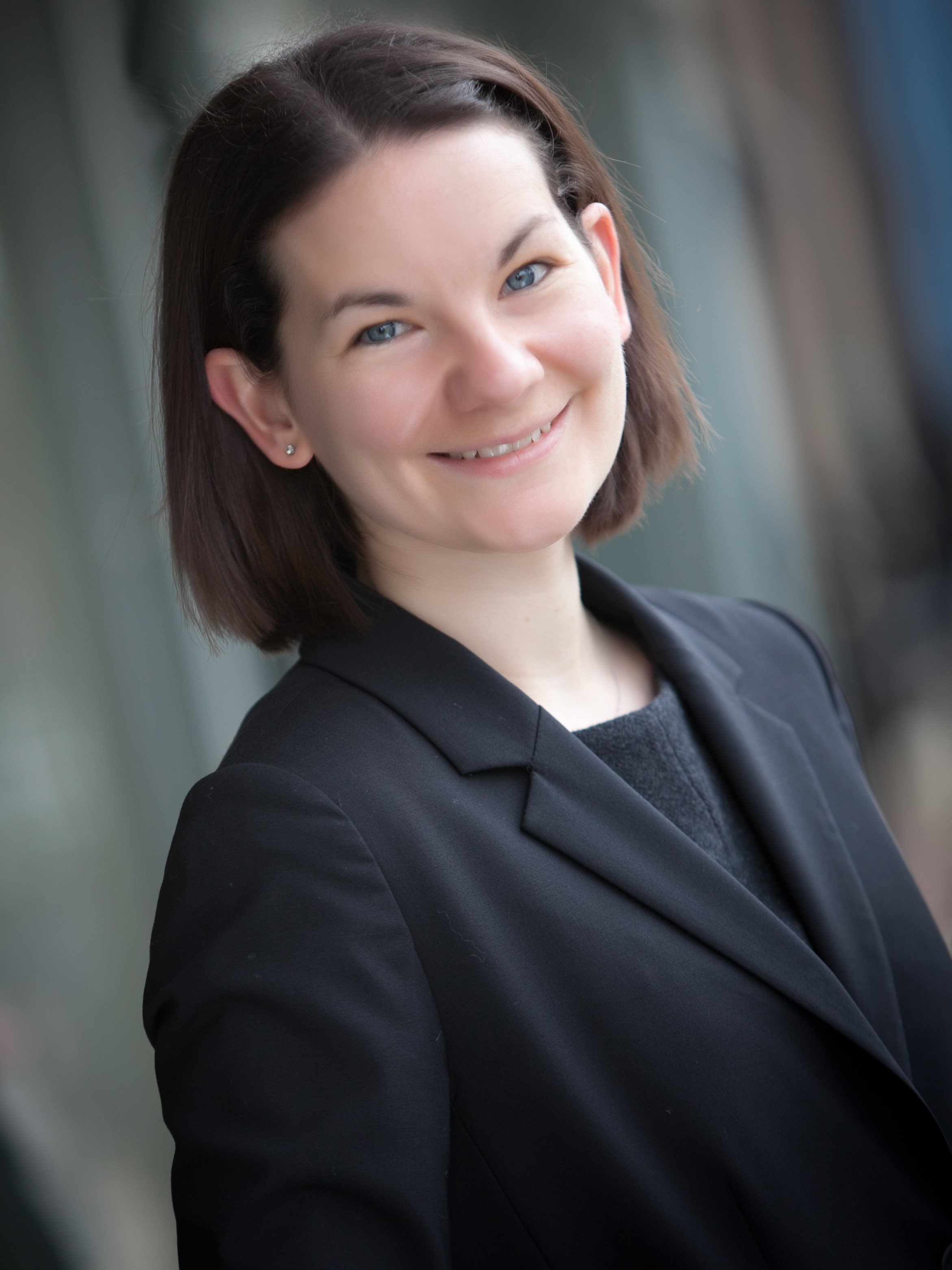
Emily Balskus
Discovering and investigating metabolic activities of the human gut microbiome and their links to health and disease; developing microbiome-targeted therapeutics.
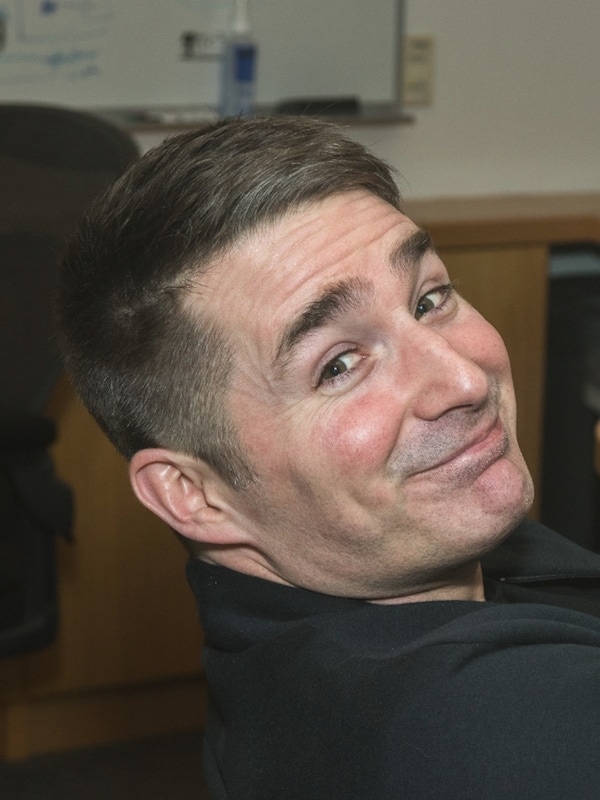
Thomas Bernhardt
Cell wall biogenesis in Escherichia coli and Gram-negative and Gram-positive pathogens; cell wall biogenesis as a therapeutic target.

Isaac Chiu
How bacteria interact with nociceptors to produce pain, and how these neurons modulate the immune response during inflammation.

Sloan Devlin
Understanding and controlling the chemistry of human microbiome bacteria in the context of health and disease.

Simon Dove
Transcriptional regulation of virulence gene expression in Pseudomonas aeruginosa, Francisella tularensis and other pathogenic bacteria.
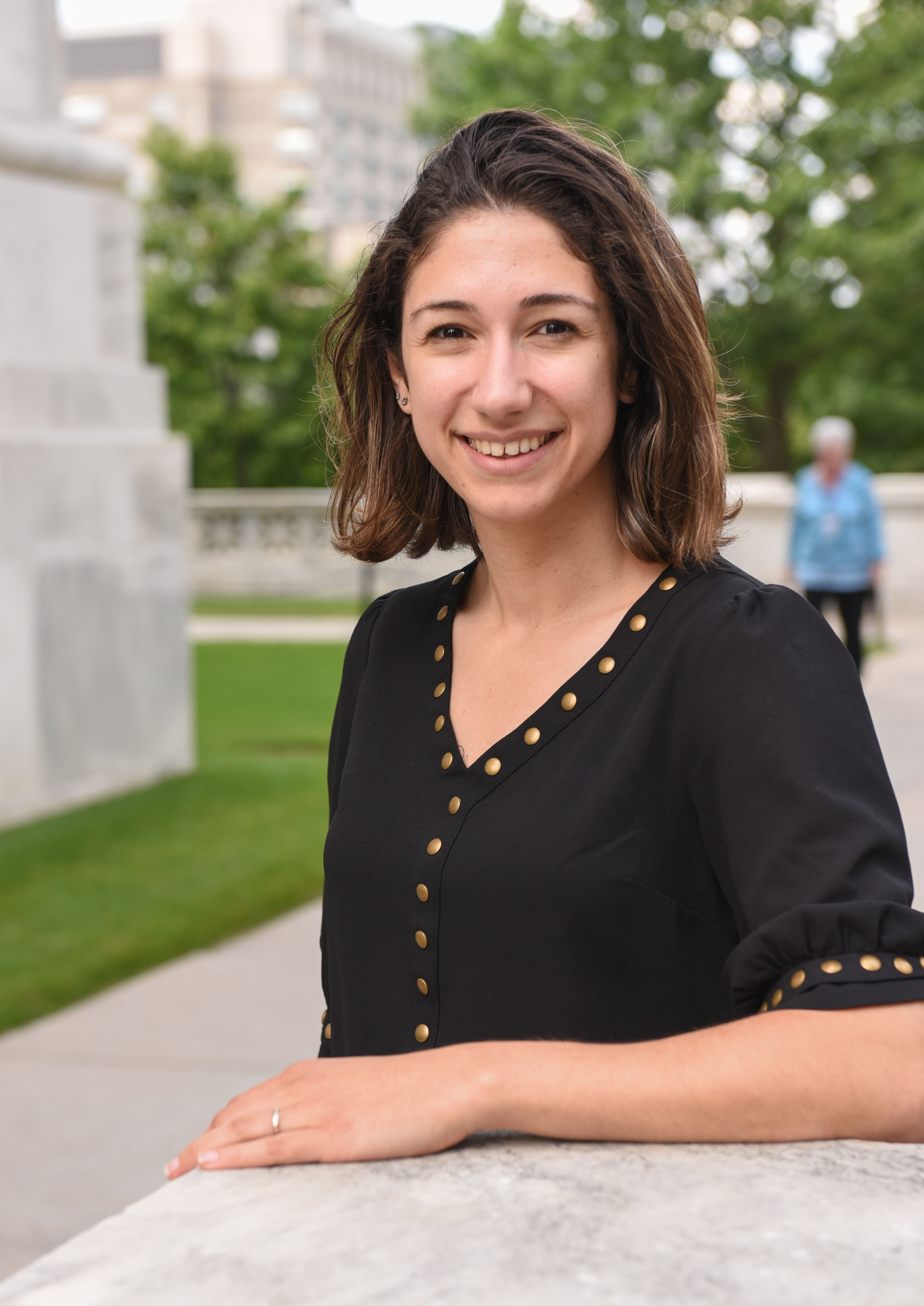
Maha Farhat
Combining genomics and informatics to understand and better control drug resistant tuberculosis and other infections.

Sarah Fortune
Molecular mechanisms of Mycobacterium tuberculosis pathogenesis; bacterial and host determinants of infection and immunity.
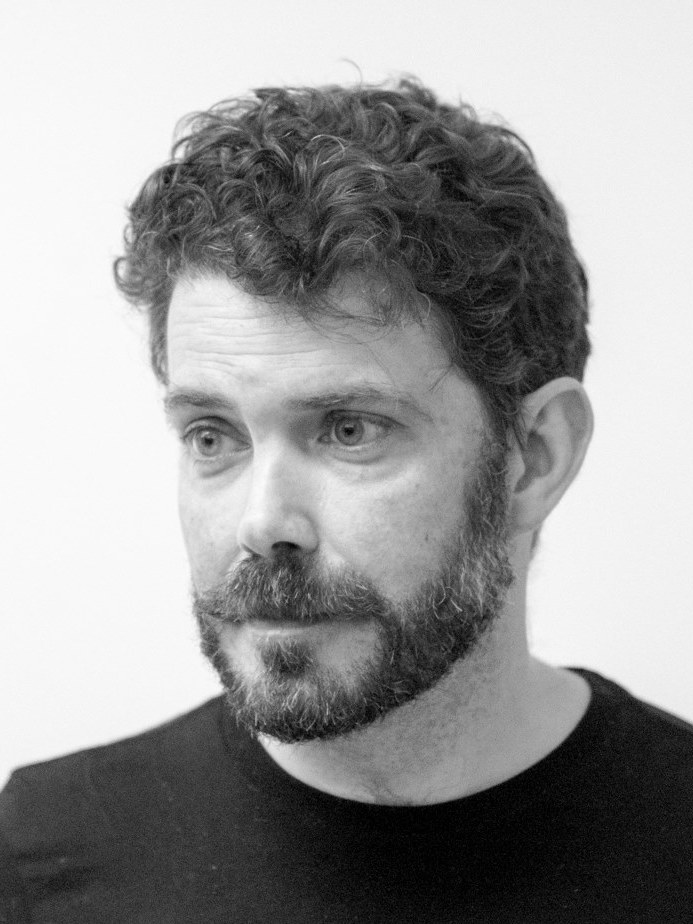
Ethan Garner
The Garner lab studies how bacteria and archaea create and read out spatial information: how they grow in given shapes, divide, and organize their contents using advanced microscopy, single-molecule tracking, computational analysis, and biochemistry.

Wendy Garrett
Dynamic interactions between the mucosal immune system and gut microbiota; pathophysiology of inflammatory bowel disease and colorectal cancer.

Marcia Goldberg
Molecular signaling mechanisms of Shigella flexneri during host infection; secretion and localization of proteins in bacteria.
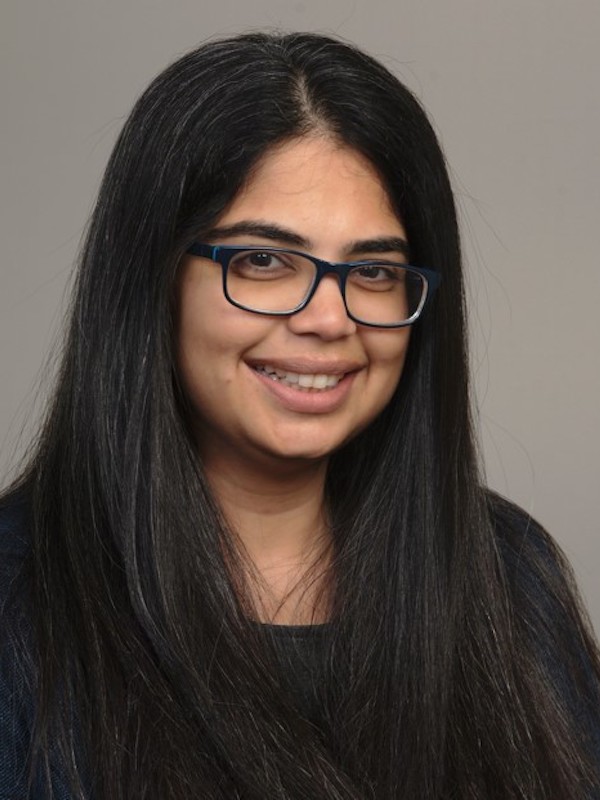
Smita Gopinath
Microbial control of innate and adaptive immunity in the gut and vaginal mucosa.

Yonatan Grad
Dynamic evolution and spread of Neisseria gonorrhoeae and other pathogens through human populations.
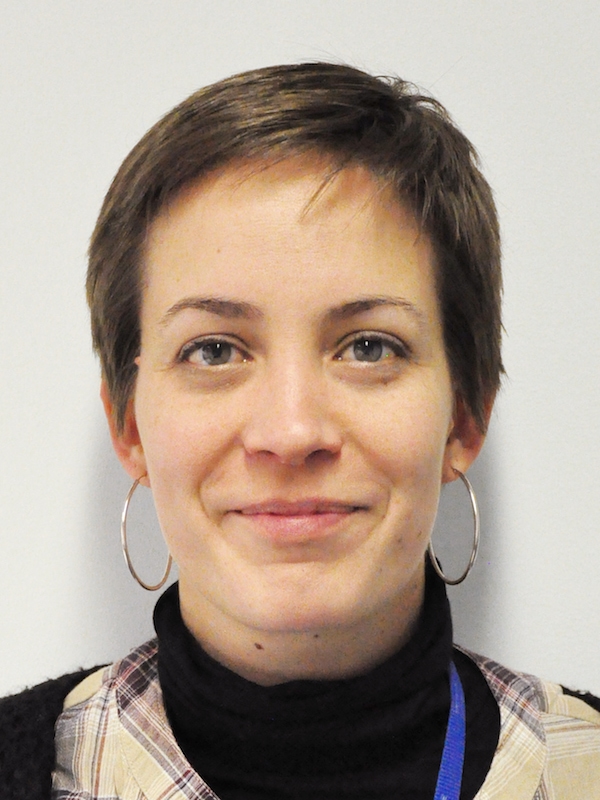
Sophie Helaine
Physiology of Salmonella persisters and their interaction with the host; characterisation of Toxin-Antitoxin systems.

Darren Higgins
The growth and spread of intracellular bacterial pathogens; host immune responses to infection by Listeria monocytogenes.
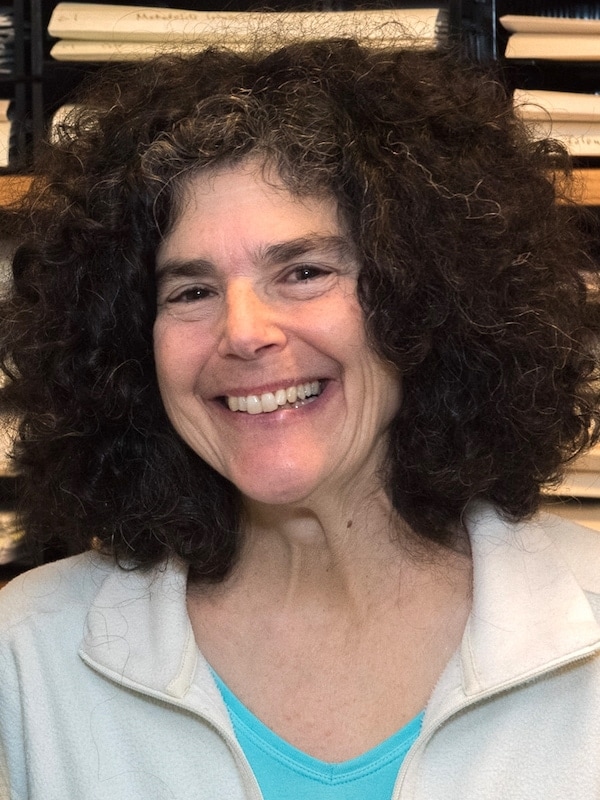
Ann Hochschild
Molecular interactions and regulatory mechanisms of bacterial RNA polymerases; prion-formation in bacteria.
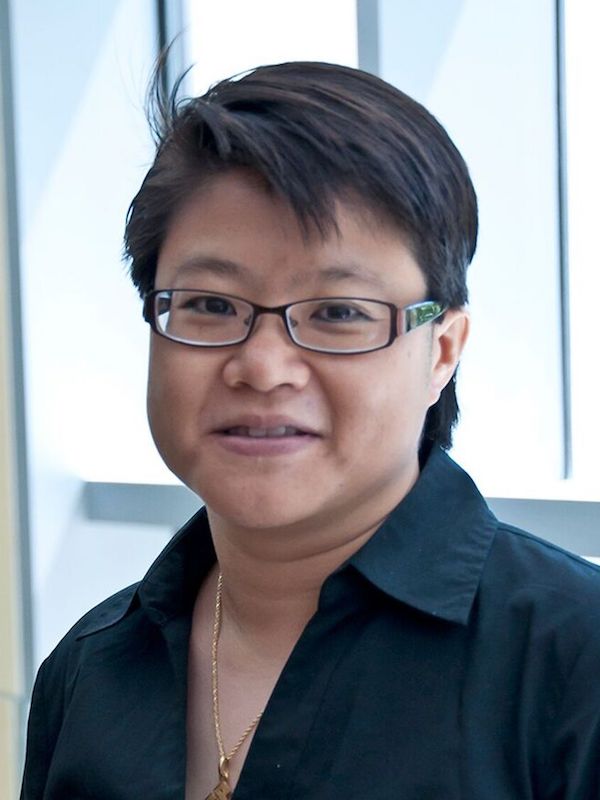
Deborah Hung
Chemical genetic approaches to studying host-pathogen interactions focused on Vibrio cholerae, Pseudomonas aeruginosa and Mycobacterium tuberculosis.
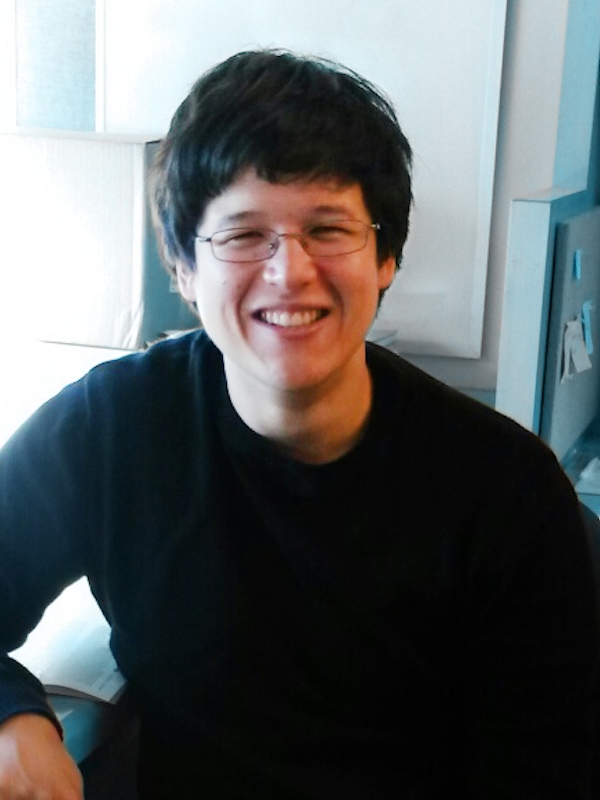
Marco Jost
Harnessing CRISPR to dissect the molecular logic of host-microbiome communication.
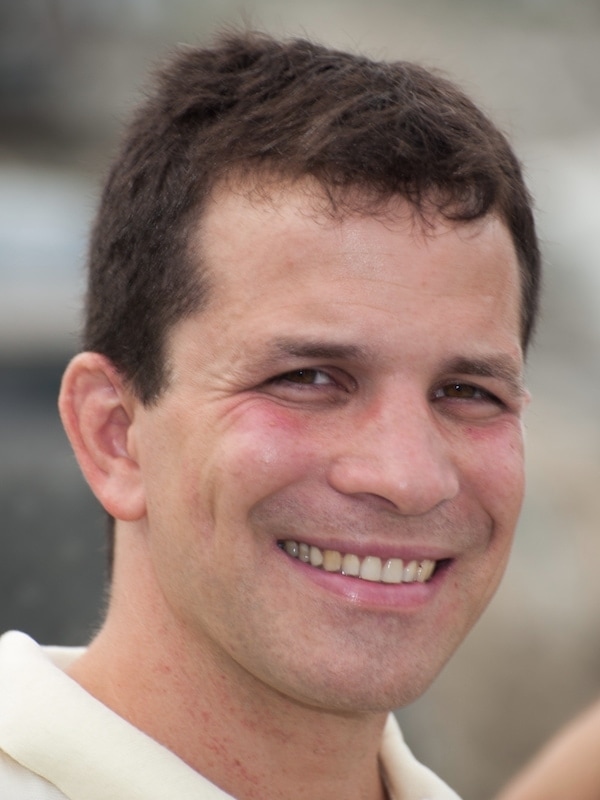
Jonathan Kagan
Regulation of Toll-like receptor signaling in innate and adaptive immunity to infectious microorganisms.
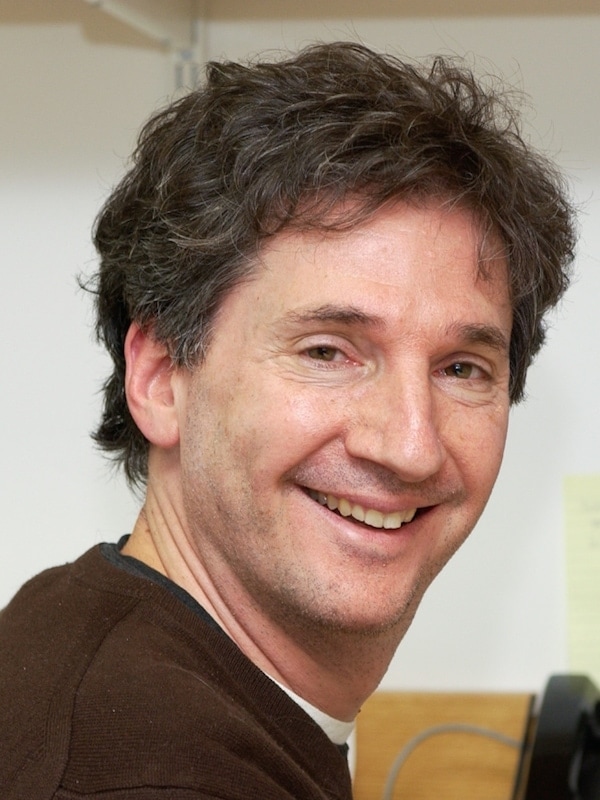
Daniel Kahne
Biogenesis of the cell envelope of Gram-negative bacteria; molecular mechanisms of antibiotics and antibiotic resistance.
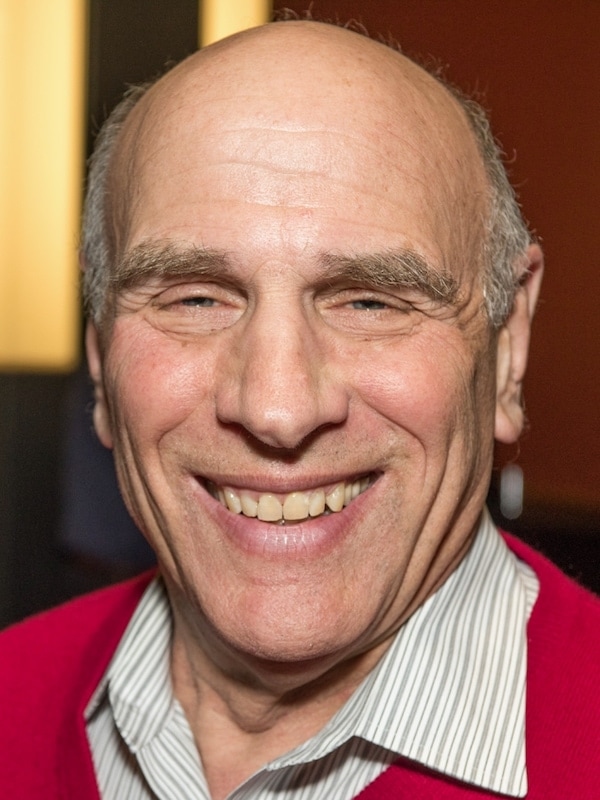
Dennis Kasper
The role of bacterial carbohydrates in the interactions with the immune system; interactions of the microbiota with the mucosal and systemic immune systems.
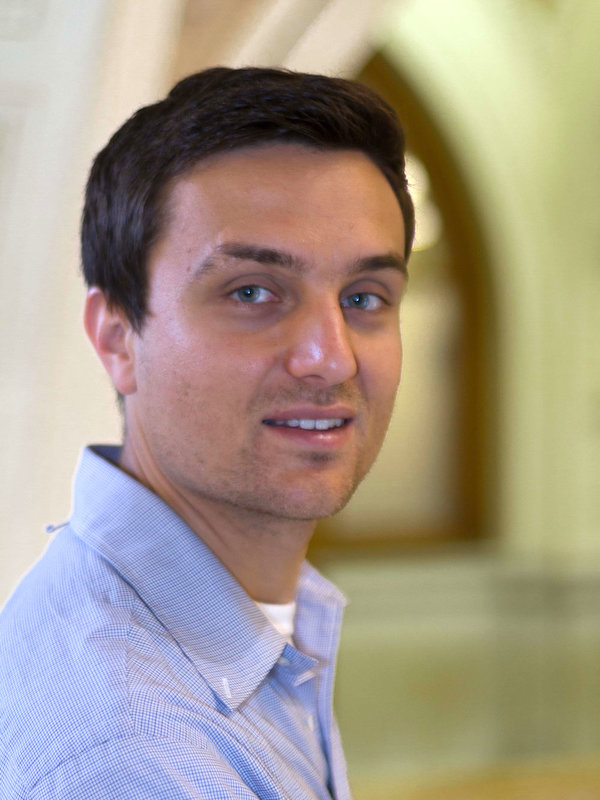
Alex Kostic
Gnotobiotic microbiome modeling of autoimmune and metabolic diseases; metagenomics; synthetic biology in human symbionts.
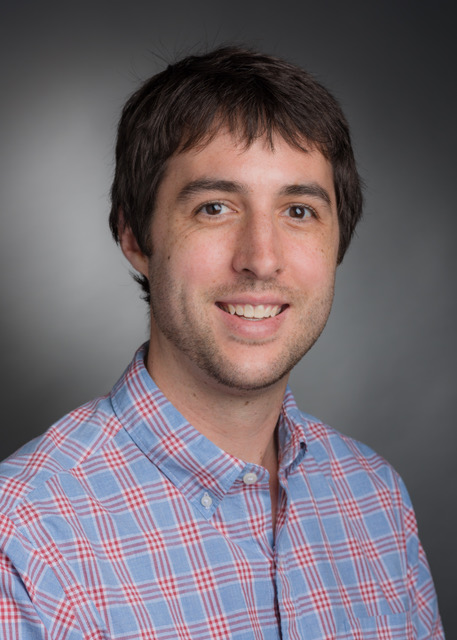
Philip Kranzusch
Discovering new mechanisms of immune signaling and defining the shared rules that govern host-pathogen interactions.
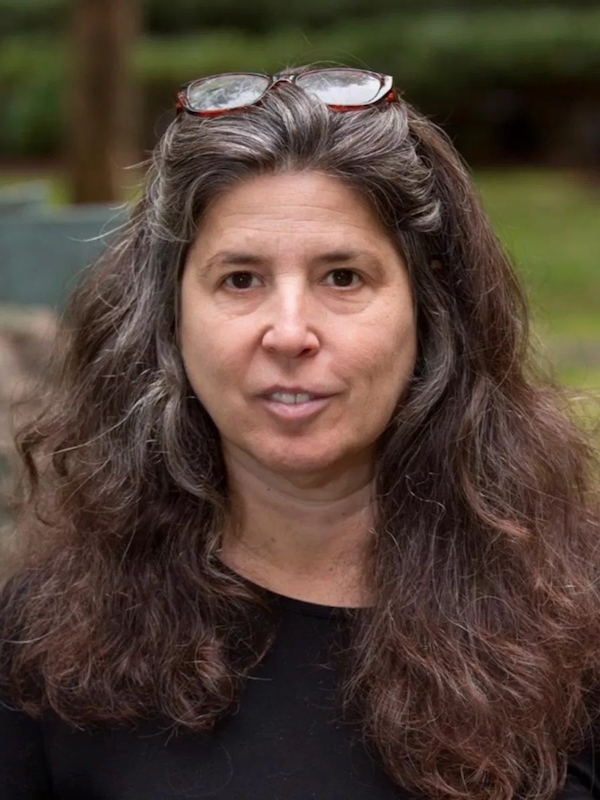
Cammie Lesser
The mechanisms of Gram-negative bacterial pathogenesis; virulence factors of Shigella, Salmonella, Yersinia and enteropathogenic Escherichia coli.
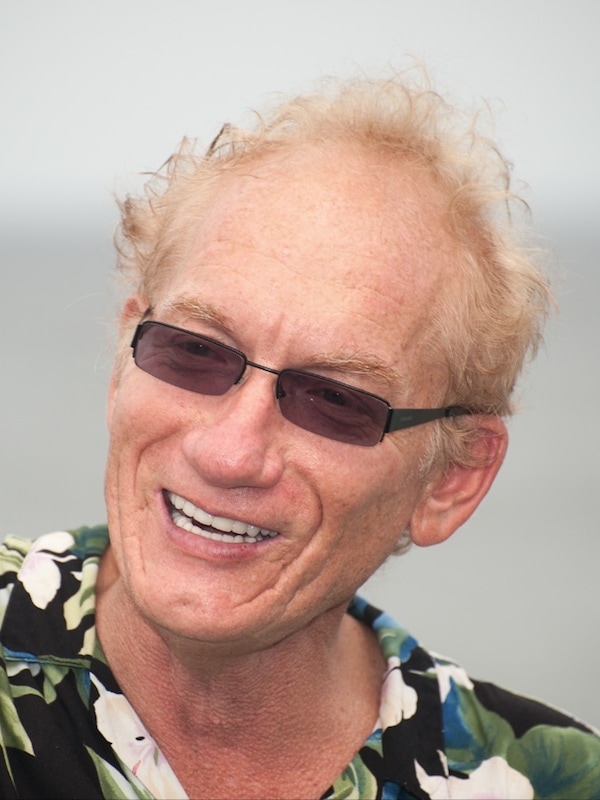
John Mekalanos
Biochemical and genetic analysis of Vibrio cholerae and Pseudomonas aeruginosa virulence factors; functional genomics of Gram-negative bacterial pathogens.
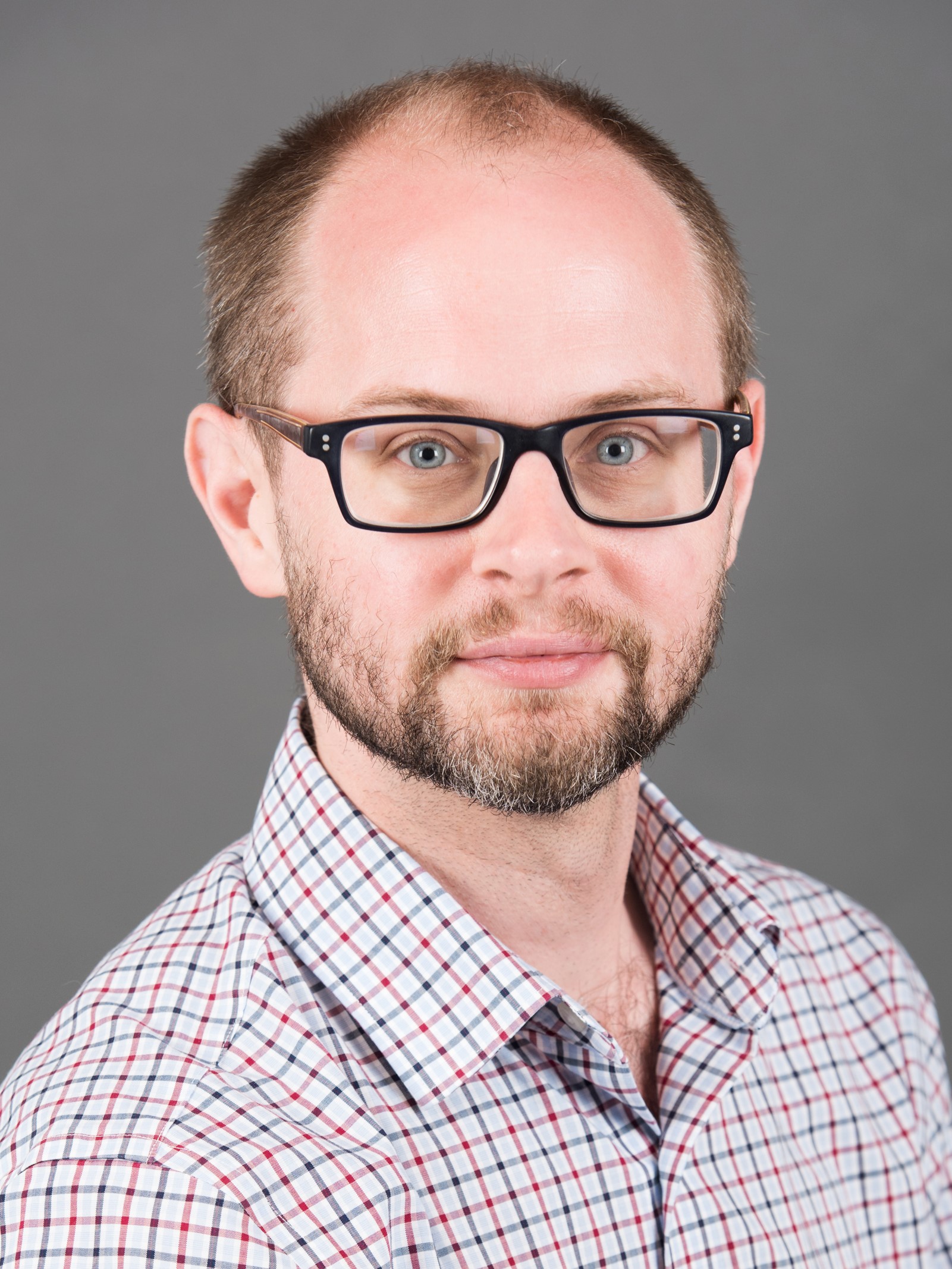
Jeffrey Moffitt
Leveraging spatial transcriptomics to understand the molecular and cellular organization of the microbiome-host interface.
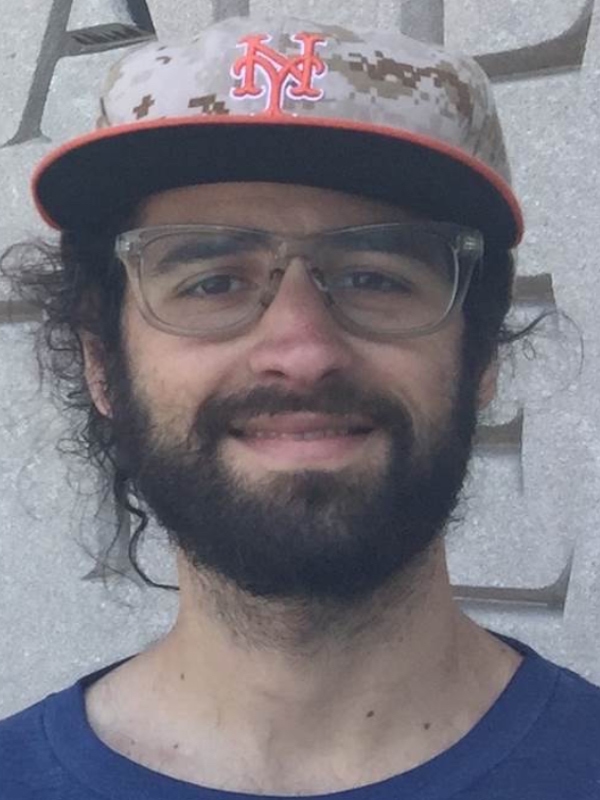
Seth Rakoff-Nahoum
Evolutionary ecology of host-associated microbiomes; molecular and genetic mechanisms of microbe-microbe and microbe-host interactions.

Eric Rubin
The molecular pathogenesis of Mycobacterium tuberculosis; novel therapeutic strategies to treat tuberculosis.
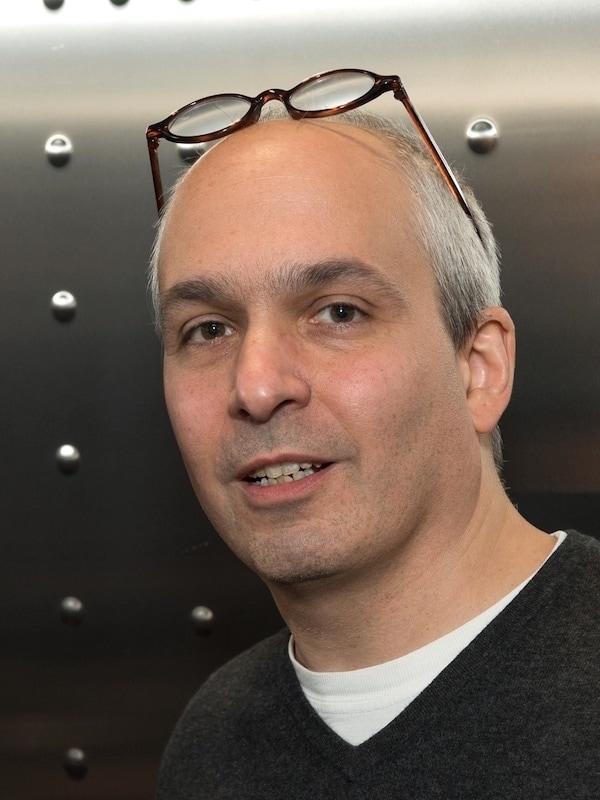
David Rudner
Cell wall biogenesis in Gram-positive pathogens; cell envelope homeostasis; sporulation and germination; chromosome organization and segregation.
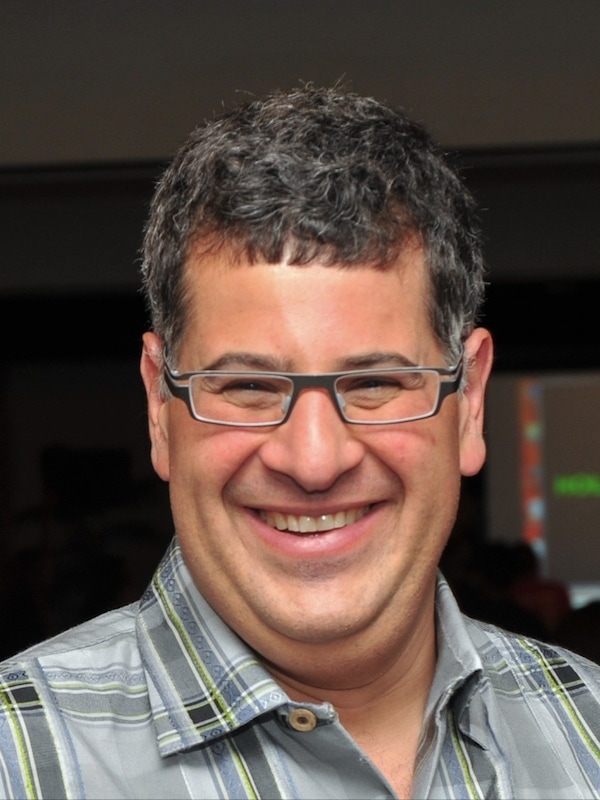
Michael Starnbach
Cellular responses to bacterial pathogens; T-cell immunity to Chlamydia trachomatis.
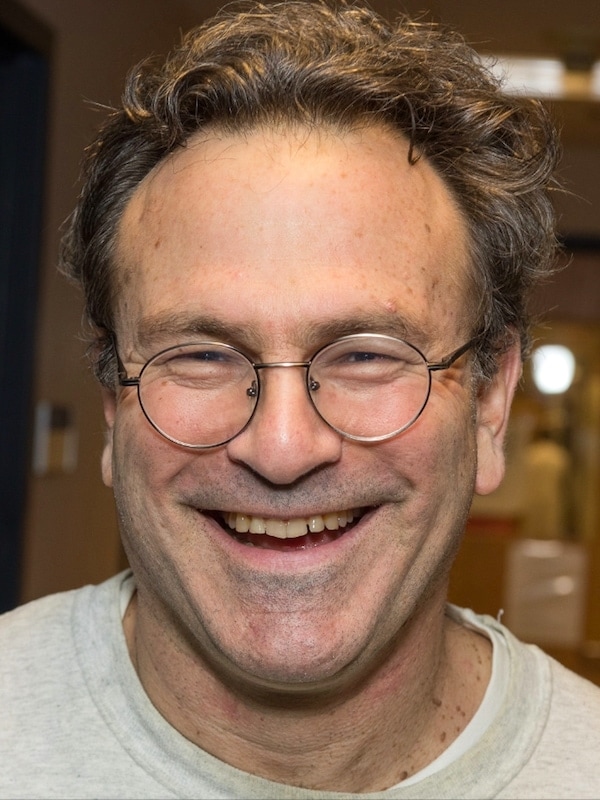
Matthew Waldor
Evolution, cell biology, and pathogenicity of Vibrio cholerae; pathogen and host responses during infection in animal and in vitro models of disease.

Suzanne Walker
Chemical genetic approaches to probe multidrug resistant staphylococci; molecular mechanisms of antibiotics and antibiotic resistance.
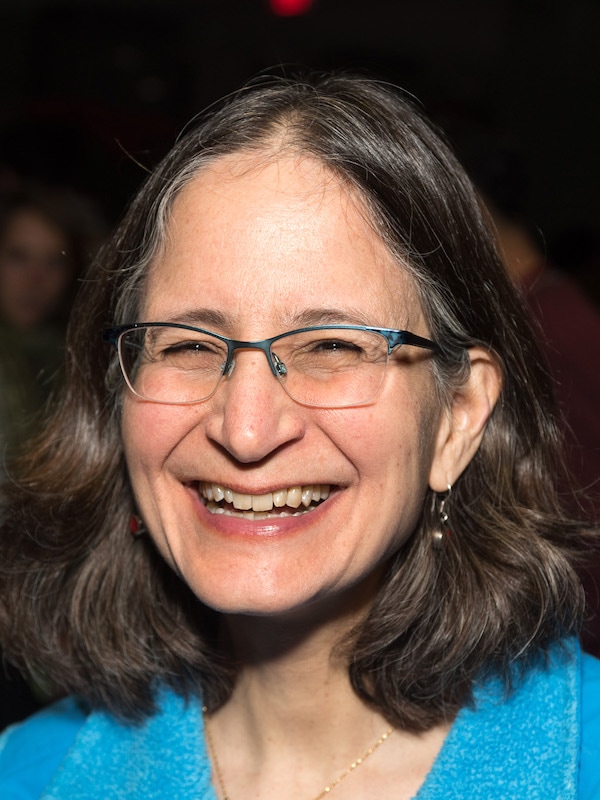
Paula Watnick
Host-pathogen/commensal metabolic interactions, Vibrio cholerae carbohydrate metabolism, and vaccine development.